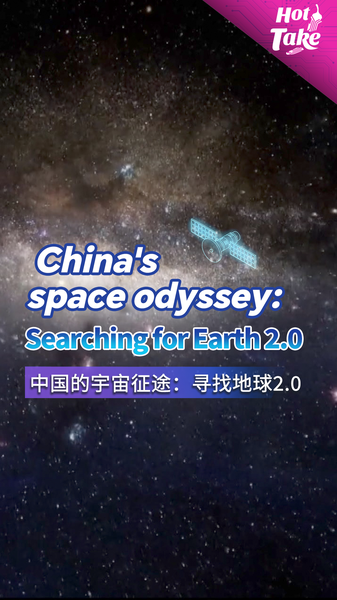China's Next Space Missions Hunt for Earth 2.0 and Cosmic Secrets
As 2026 approaches, China's scientific community is gearing up to launch four groundbreaking scientific satellites under its 15th Five-Year Plan (2026-2030). These missions aim to answer humanity's biggest cosmic questions: Is there an Earth 2.0? What goes on inside black holes? And how did our universe begin?
Hunting for Earth 2.0
The first satellite will carry a high-precision exoplanet telescope designed to survey nearby star systems. While thousands of exoplanets have been spotted in recent years, only a handful appear to lie in the so-called "habitable zone." China's mission will scan hundreds of stars for telltale signs of oxygen and water.
Peering into Black Holes
The second observatory will use advanced imaging techniques to capture the area around black hole event horizons. Building on global efforts, this mission could provide sharper views of these cosmic enigmas and help scientists refine theories of gravity and matter.
Mapping the Cosmic Microwave Background
The third satellite will measure faint echoes of the Big Bang, mapping temperature fluctuations in the cosmic microwave background with unprecedented detail. This data could illuminate the universe's first moments and guide models of dark matter and dark energy.
Exploring Dark Matter
The final mission will focus on dark matter, the invisible substance that makes up most of the universe's mass. Equipped with cutting-edge detectors, the satellite will hunt for signals of dark matter particles and test alternative theories of cosmic evolution.
Why It Matters
These missions showcase the Chinese space program's rapid growth and ambition. For young innovators and tech entrepreneurs, they signal new opportunities in AI-powered data analysis, materials science, and satellite communications. For global citizens, they expand our cosmic perspective and remind us that the universe still holds vast mysteries.
Looking Ahead
Between 2026 and 2030, China will add its own data to a global tapestry of space exploration. As each satellite lifts off, it will carry our collective hopes for discovery and a deeper understanding of our place in the cosmos.
Reference(s):
cgtn.com




